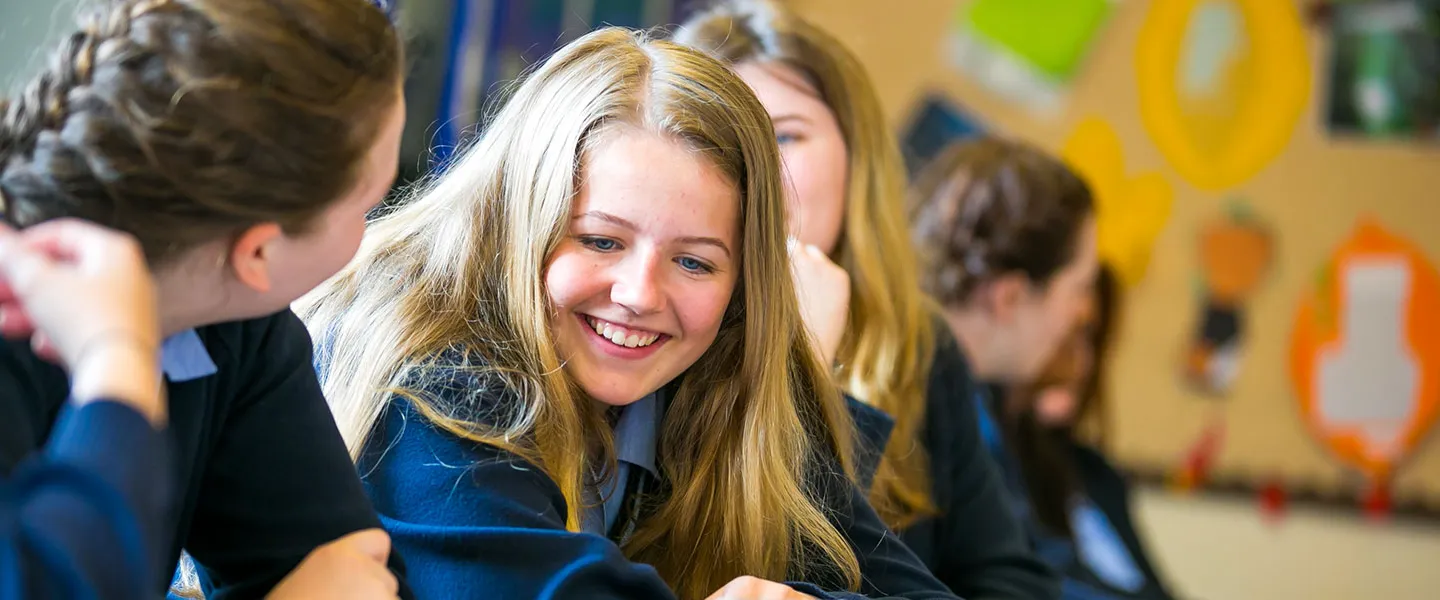These are unsettling times for all of us. As a parent, I know I am concerned about how my own child will handle the anxiety around this silent enemy, his worries for himself, his family and about his GCSEs and also how he might cope in the event of an extended period of isolation. In the last few weeks, I have been looking for advice and resources to share with you and our children about how to self-care for our mental wellbeing. There is a lot of information out there, some of it conflicting; "isolate, stay at home"..."get outside, be nurtured by nature" , "keep a routine"..."be flexible and adapt", "stay off social media"... "stay connected", are just a few examples. Last week, I attended a conference that featured a presentation on the science of happiness. Now, I am a historian by trade, not a scientist, but it really struck a chord on helping me understand the 'brain science' of my own as well our children's reactions. It is likely, I understand, that many of our children are currently being driven by the amygdala. This is the part of our brain that, since cave people days, has kept us alive by triggering our fight, flight or flop response. It certainly helped me to know that my reactions were not 'over-reactions' but reactions to the chemical stimuli. So now, when I'm talking to my child, and yours, I'm seeing some in a state of fight who are very scared and want to push us away; some in flight who want to run and hide and hope it goes away, and some in flop, who just don’t know what to do! I am not a scientist so please excuse my gross over-simplification but this helps me make sense of how our children might present over the next few weeks.
As a school, we recognise our responsibility for the wellbeing of our children as well as the academic progress and so whilst plans are in place to continue to provide teaching and learning, plans are also afoot and developing to provide wellbeing support. I will aim to communicate regularly with you as we reflect, assess and adapt to the evolving circumstances. In the short term while more is put in place, you can still access me via my email address cljones@thequeensschool.co.uk or via the school office address secretary@thequeensschool.co.uk. Your children can access the pastoral team via the ‘Can we Chat’ form on Firefly. There is also advice there on other forms of support.
I have personally found the MIND and Young Minds websites very helpful and I will ask our Communications team to share some of their resources and suggestions via our social media channels. However, these two things particularly resonated with me as a parent and so I will share those with you;
- Trust my instincts as a parent but don’t rely on them – I know my children but I don’t know everything
- Communicate – openly and positively - as my boys will look to me to role model how to process these events
I also feel it prudent to tell you what to do if you are worried about a child from safeguarding perspective. Cheshire West and Cheshire Safeguarding have a contact number that you can call. Details can be found on the website and the information I have included below is taken directly from there;
If you are a member of the public and have concerns about a child’s welfare, or feel that they may be being abused or neglected, please call the Integrated Access and Referral Team (iART) or the Emergency Duty Team (EDT) for help and advice. Alternatively you can call the police.
- Telephone: i-ART - 0300 123 7047
The team can be contacted 8.30am to 5pm from Monday to Thursday and 8.30am – 4.30pm on Friday.
If you have an urgent concern outside these hours, or over a bank holiday, please call the Emergency Duty Team (out of hours) on 01244 977277.
Alternatively call Cheshire Police: 101 for non-emergencies or 999 in an emergency.
Please do stay in touch.
Lorraine Jones
Head of Pastoral, mother of three boys.
